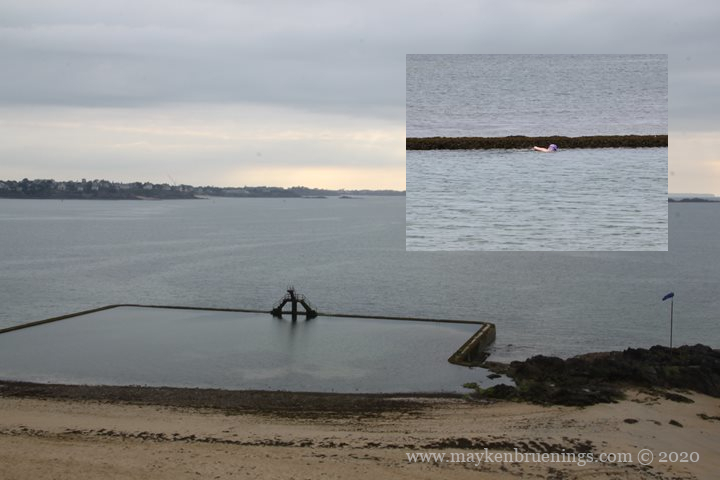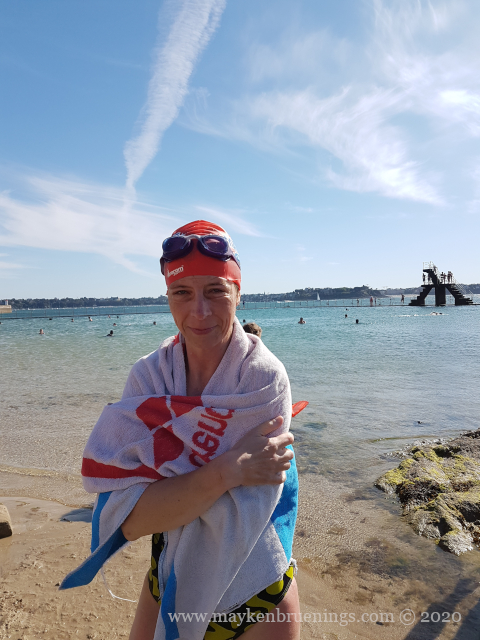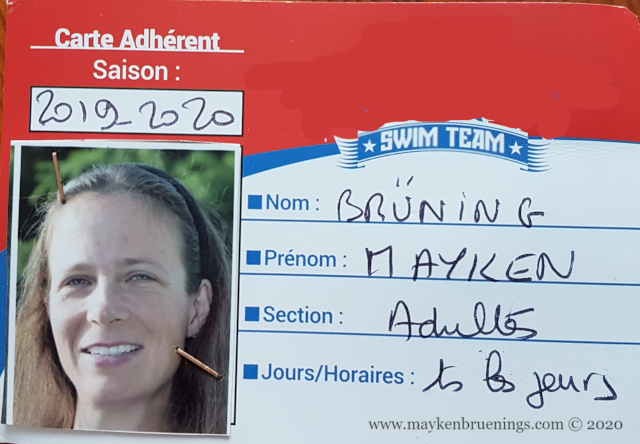Is your protagonist more daredevil than you, the writer? Would they jump from a cliff into the ocean to save their love interest/board the pirate ship/recover a treasure/win a bet?
So you have never jumped off a cliff and have no intention to do so in the name of research, but you want to make sure your description of the scene is authentic? In that case, your best bet is to find someone who has jumped off a cliff.
Now let’s say you have gone through an exceptional physical experience that might make it onto the page. That’s handy, but how well do you remember it?
One of the first times in my life that I went canoeing, during a homestay in eastern Canada, the river was running high with meltwater from the previous week’s snowstorm. Of course, our canoe capsized on that occasion, throwing inexperienced me into ice cold water. It was a memorable experience for sure, but if I had my protagonist go through it, I wouldn’t be able to describe details beyond “as long as I was in the water, it didn’t feel all that cold”.
So here’s my advice: If you happen to live through such an experience or choose it on purpose, write down as many details as possible as soon as you can. You never know when you might need it. (Or maybe you can help out a fellow writer!)
I’ll share mine here, not the canoe one, but another that involves cold water.
On the beach of Saint Malo in northern Brittany, there’s a swimming pool that is filled by the tides. A few years ago, in mid-May, I decided to take the plunge despite water temperatures being 12-13°C (around 54°F).

“Going in, it’s cold. First minute of swimming (I’m equipped with a regular swimsuit, swim cap and goggles), it’s cold. I swim fast, or at last with fast movements (for me). Then it gets better. I don’t see a thing underwater, it’s full of tiny particles, sad! Disoriented, I never swim in a straight line. Instead of the far wall, I end up at the side wall where the diving tower is. After 4 lengths, I could still go on but I leave. Afraid of shaking and shivering once I’m out. (I’ve done this before, but it’s been years.) I’m out. But it’s not so bad. I’m not really cold. I feel a bit cold as I get dressed (on the beach). I start shivering several minutes later. Despite several layers of clothing I’m still cold. An hour later, I’m better. The last to feel still cold are hands and feet. I’d do it again.”
Note: Once I got dressed, I sat around on the beach (no sun) waiting for my family who were flying a kite, so very little movement.
I’ve done it again since, but this was the lowest water temperature I’ve had so far.


